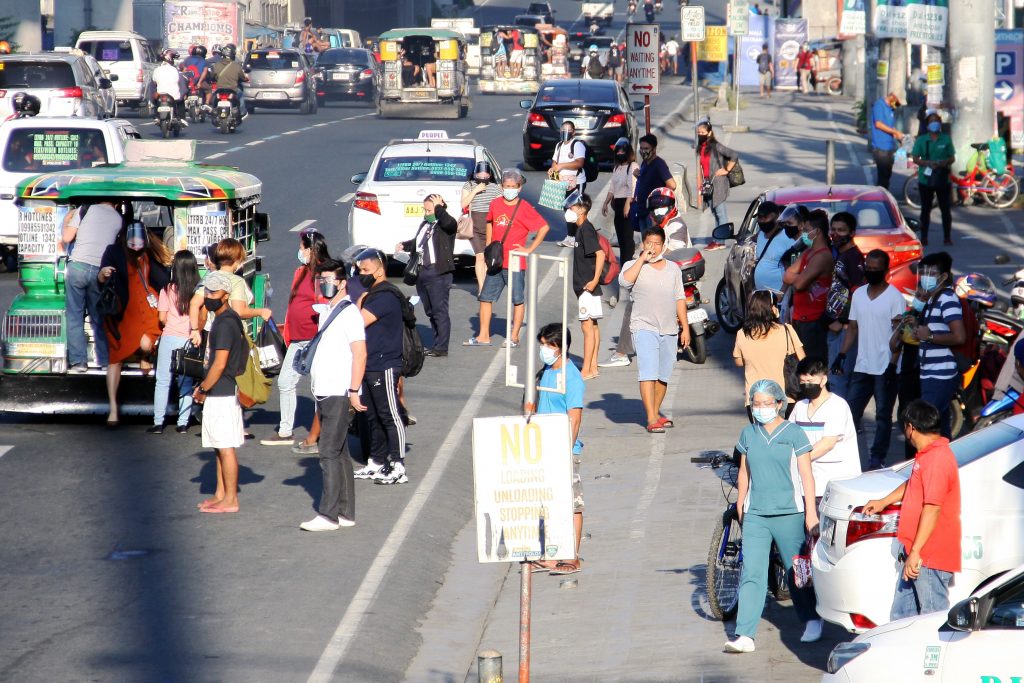News
No protracted lockdown in PH should cases spike anew

MANILA – The government will not implement protracted lockdowns and the alert level system will remain, National Task Force (NTF) Against Covid-19 medical adviser, Dr. Ted Herbosa, assured on Friday.
The government would stick to the implementation of localized lockdowns should there be an increase in Covid-19 cases in the country.
“Gusto ko sanang i-explain na iyong lockdown na ginagawa sa China ay hindi na natin gagawin ano. Ang sistema natin ngayon ay alert level at localized lockdown (I just want to explain that the lockdown being implemented in China will not be implemented here. Our system now is anchored with alert level and localized lockdown),” Herbosa said in a televised public briefing.
Shanghai is reporting as many as 15,000 new cases a day and is experiencing city-wide lockdowns along with Beijing.
Also on Friday, the Olympic Council of Asia decided that the 19th Asian Games scheduled in Hangzhou City from September 10 to 25 will be postponed until next year.
Even if an area will be placed under the maximum Alert Level 5 status, Herbosa said the government will not resort to protracted and region-wide lockdowns.
“Ang ila-lockdown lang natin ay iyong mga lugar na mataas ang incidents ng new cases (We will only lock down those communities with high incidents of new cases),” he added.
Localized lockdowns will be imposed with an expanded mass testing approach so that infected individuals can be isolated immediately.
He said the government has more ways now to determine a positive patient.
“So, hindi dapat mangamba iyong ating mga kababayan. Mas naiintindihan na natin itong sakit na ito. May bakuna pa kaya kita naman natin [na] epektibo talaga iyong bakuna (So, there’s no need to worry. We now understand more about the disease. We have vaccines and we see that the vaccine is really effective),” he added.
Apart from vaccination, Herbosa reminded that adhering to public minimum health standards will continue to protect against the risks of the dreaded disease.





















